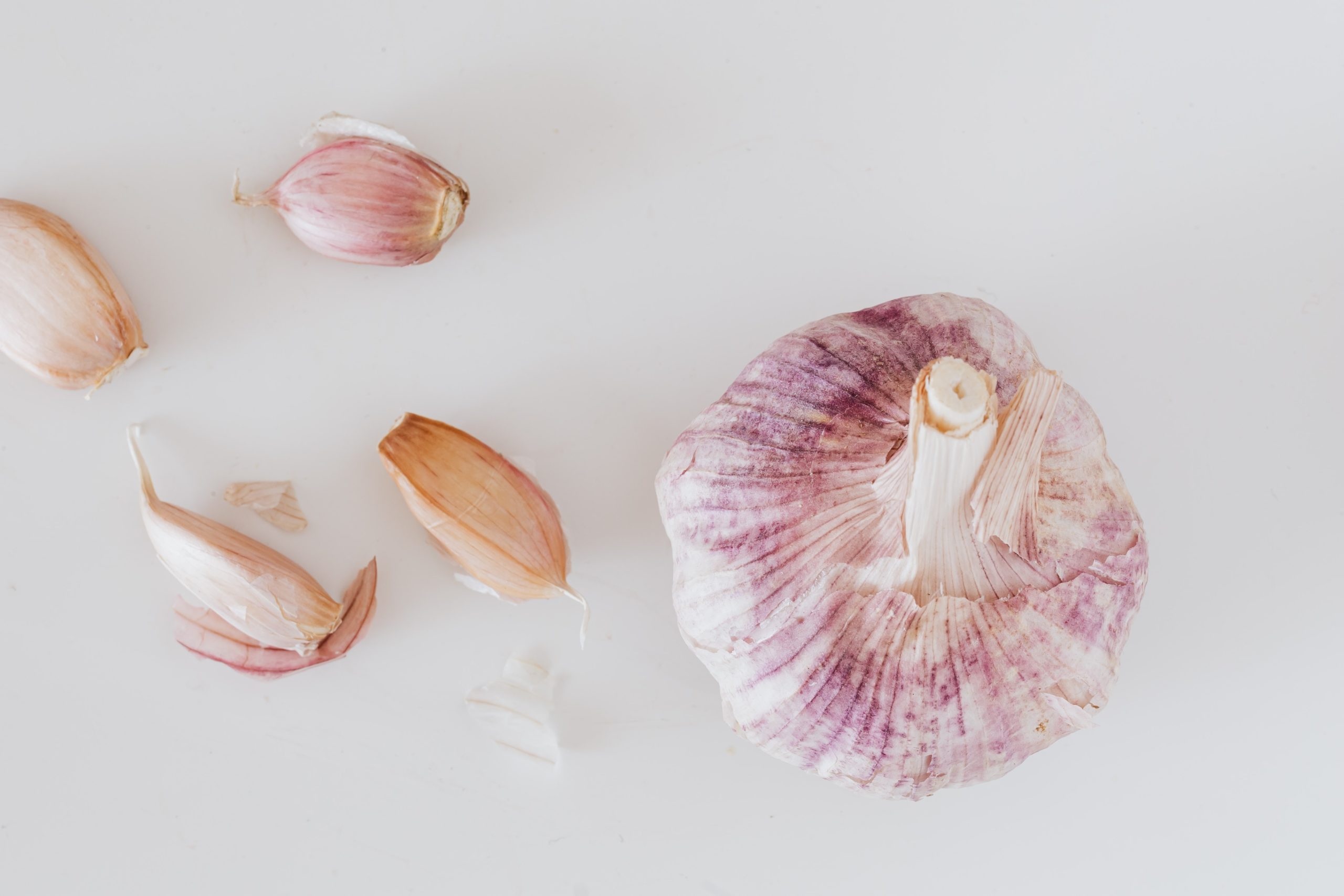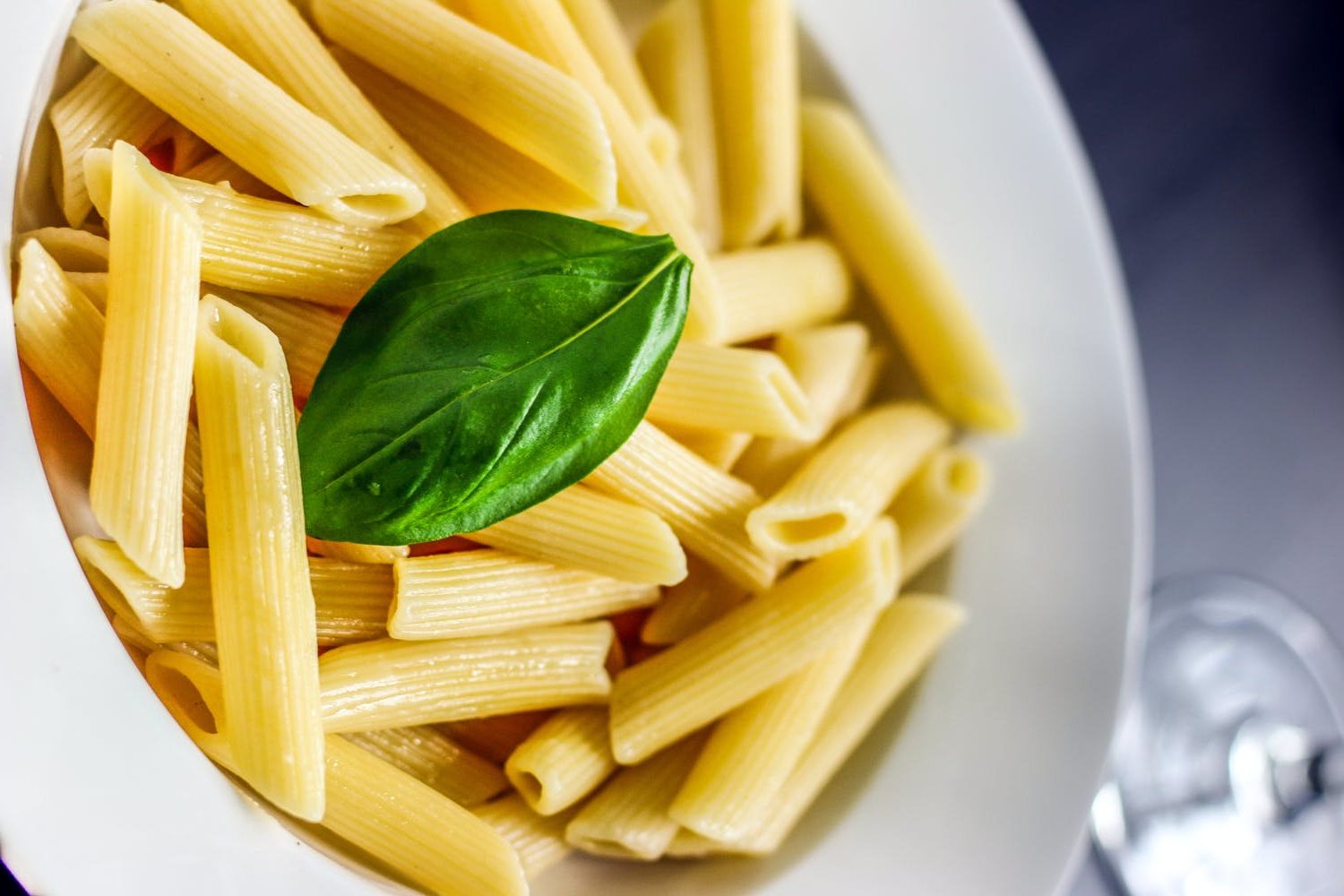Let’s talk about intermittent fasting. Even though it’s really popular right now, I don’t like calling it a “fad diet” because some of these diets often have a lot of negative benefits, and I don’t think intermittent fasting has negative benefits like that. I don’t even like calling it a “diet” because – as opposed to other diets where you’re restricting calories or food groups – this has nothing to do with that. Intermittent fasting is an eating style where you eat within a specific time period, and fast the rest of the time.
What are the benefits of intermittent fasting?
Weight loss. The way you lose weight on intermittent fasting is two-fold. The first way is hormone regulation. When you fast, it increases levels of human growth hormone. This can promote fat loss, boost muscle building and do so many things to help you get fit.
Fasting can lower your cholesterol, balance your hormone levels and increase insulin sensitivity (when receptors in your body are sensitive to insulin…so they can react well to it). When you have insulin resistance, the receptors in your body that should be reacting with insulin don’t, leading to an increase in insulin. This can cause an increase in sugar, more fat storage, etc.
The second way is through calorie restriction. This happens indirectly because you end up eating less throughout the day. BUT, if during the periods where you’re not fasting, you try to make up for it and binge eat, you’re not going to lose weight. The takeaway here is definitely be mindful of what you’re eating and stay healthy during the hours that you are eating.
Decrease inflammation. Inflammation is the leading cause of almost every disease state, so the more we can do to reduce inflammation, the better.
Promote longevity. Longevity is how long and how well you live. Fasting can change gene expression and boost a cellular process called autophagy (a natural metabolic process where the body breaks down and digests dead tissue or cells…almost like recycling and getting rid of old stuff to make room for new cellular growth).
Brain health. I was interviewing the director of the Brain and Health Clinic in Colorado, and she even mentioned that fasting is so important for your brain health.
3 Categories of Intermittent Fasting:
- 5 : 2. This involves eating normally 5 days of the week while restricting calories to 500-600 on 2 days of the week. It’s less about the timing, and more about just restricting your calories on those 2 days.
- Eat stop eat. This is a 24-hour fast 1-2 times a week, while eating normally the other 5-6 days a week.
- 16 / 8. This one’s the most popular. It involves eating only during an 8-hour window and fasting for the remaining 16 hours daily.
Can you drink anything while fasting?
Technically, when you’re fasting, you can have beverages that don’t have calories (e.g. tea, water, black coffee).
You can still take your supplements. If you’re pregnant or breastfeeding, always talk to your doctor and make sure that anything you do will be healthy for your body.
What I do:
I don’t necessarily follow one of these rules strictly, but I like the idea of fasting and I really believe in it. I try to eat my last meal at around 7 pm every night and not eat my next meal until 7 or 8 am the next day. As long as I’m giving myself a 12-hour fast throughout the night, that makes me feel really good.
Throughout the day, I practice mini periods of fasting – just giving my body little breaks between eating. I’ll have my breakfast around 7 or 8 am, won’t eat lunch until about noon, usually have a snack around 3 pm and then dinner at 7.
I’m not super rigid with it. If I’m going out to a dinner with friends or am busy with different things, sometimes I won’t eat until later. I’m not perfect on it, but that’s kind of my theory on wellness and diets in general. I don’t like sticking to something that’s so rigid because I don’t think it’s sustainable.
I also feel like intermittent fasting just makes my life easier. When I wasn’t doing it, I was constantly thinking about my next snack – always hungry because my mind was conditioned to think about eating more.
For the most part, I really like it. The idea of fasting is super healthy, and it’s something I encourage you to look into (of course, only if it fits your goals and lifestyle)!




